The Independent Shari’ah Arbitration Panel in Ekiti State has held its first public sitting at the popular Oja Oba Central Mosque, Ado-Ekiti.
This development was confirmed by confirmed some residents of the state and also Prof. Ishaq Akintola, the Executive Director of the Muslim Rights Concern (MURIC), per report by Sahara Reporters.
It was learned that that the panel was presided over by three Kadhis Imam Abdullahi Abdul-Mutolib, Imam Abdulraheem Junaid-Bamigbola, and Dr. Ibrahim Aminullahi-Ogunrinde who entertained two marriage-related disputes.
During the first trial, the head of the panel, Imam Abdullahi Abdul-Mutolib, announced that the dispute between the couple was resolved through a consent judgment.
This resolution was facilitated by earlier interventions from family members, which paved the way for a peaceful settlement.
But the panel adjourned the second trial till January 30 for a continuation hearing. The case involved allegations by a wife accusing her husband of neglecting his marital responsibility.
The panel explained that the adjournment would allow additional investigations to ensure a fair decision.
The sitting of the panel came amid a series of opposition from groups against the implementation of Sharia law in the southwestern region of Nigeria.
One of the groups is the United Kingdom (UK) and Europe branch of Yoruba socio-cultural group, Afenifere, otherwise known as UK Afenifere.
The group strongly rejected the clamour by some Muslims for the establishment of Sharia law in the South-West region.
The group cautioned those clamouring for the establishment of Sharia law in the South-West to immediately desist from such acts to avoid disunity amongst the Yoruba people.
The group said Yoruba people are too intelligent and enlightened to be gaslighted along religious divides.
The group added that the predominantly Yoruba South-West is distinct from the Northern region where Muslims are in the majority.

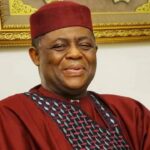
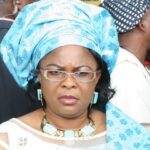
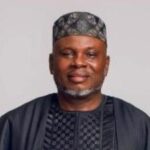
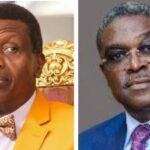
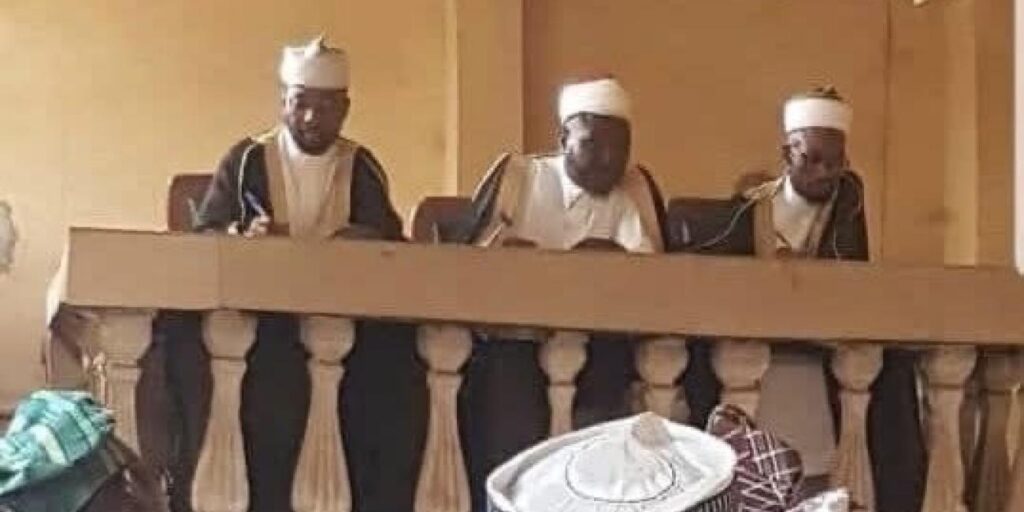

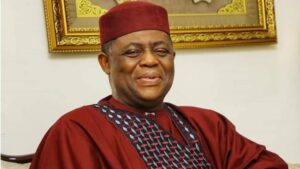
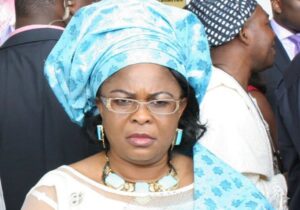
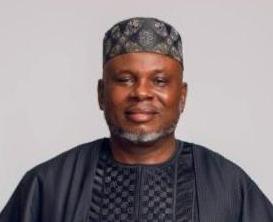
More Stories
Massive protest against Trump hots up in major U.S. cities
Tinubu considers Fani-Kayode, others for ambassadorial appointments
NBA intervenes, as detention of 15 domestic aides accused of theft from ex-First Lady Patience Jonathan, lingers